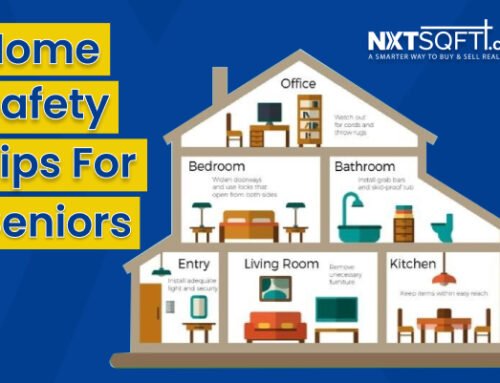See it as a natural thing. Some people think of negotiating as something negative, like arguing. Actually, negotiating is a natural thing we all do. When a child wants ice cream, or a teenager wants the car keys, a negotiation often occurs.
Realize it is not always about the money. People often think negotiating boils down to simply getting more money. But the folks you are negotiating with are sometimes less concerned about price than they are about other considerations, such as timing. Ask the other side, “Please tell us what matters most to you.”
Listen to understand. Negotiators often listen to the other side just so they can construct a good rebuttal. This comes from the erroneous idea that the goal of negotiating is “We will win and they will lose.” Instead, actively listen to understand your counterpart’s point of view to find ways you can gain consensus on a common concern. When the other side feels you care about their outcome, you are more likely to get a deal that works for you too.
Collaborate, avoid competing. This is an extension of the “listen to understand” idea. Instead of competing with the other side to see who has the best negotiator, think of yourself as collaborating with them to get everyone on the same page, working together to get a deal that is good for both sides—a “win-win” situation, if you will.
Wait out awkward pauses. When you ask a difficult question or try to gather information the other side does not seem to want to share, let them feel awkward for a moment. Just sit and listen. It’s amazing how much information someone will share to fill the silence.
Be aware of all the issues. Conversations outside the negotiating process may have occurred between parties on both sides of the deal. Make sure you know about all issues that may have been discussed.
Make sure everything about the deal is understood by all parties. Check all the facts and conditions of the deal to make sure you understand them, then communicate them clearly to all parties on your side of the deal.
Practice. Practice negotiating by doing role-playing sessions with another professional in your field. You both know a range of situations you can encounter, and as you practice, you will become more familiar with the right things to say at the right time.
Take classes and read books. It takes a set of skills to be a good negotiator. Taking negotiating courses and reading books on negotiating will develop your skills—and, most importantly, build your confidence.
Are any of your contacts buying or selling a home? We’d love to help! Please feel free to refer us











